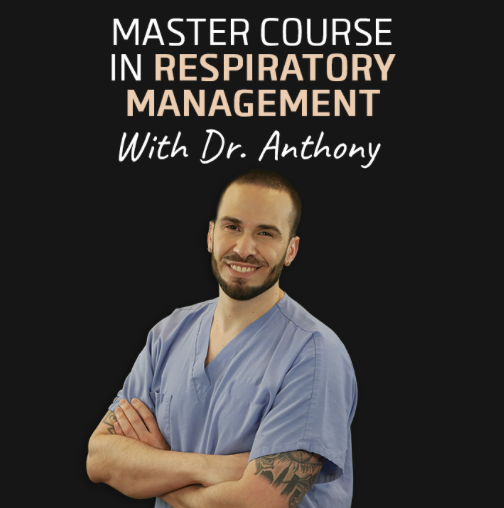Vet Candy Master Courses
-

Urgent Care
Level up your emergency veterinary skills with Vet Candy’s Master Course in Urgent Care, featuring criticalist Dr. Natosha Richardson.
-

Respiratory
Brought to you by Trudell Animal Health, this master course for veterinarians and vet techs dives into the essentials of respiratory disease with criticalist Dr. Anthony Gonzalez.
-

Ophthalmology
This program focuses on reinforcing the essentials of veterinary ophthalmology which includes diagnosis and treatment. from a board-certified veterinary ophthalmologist, Dr. DJ Haeussler.
-

Toxicology
This program focuses on reinforcing the essentials of veterinary toxicology and includes expert tips from Dr. Carey Hemmelgarn, veterinary criticalist.
-

Surgery
This program focuses on reinforcing the essentials of veterinary surgery and includes expert tips from surgeon, Dr. Philippa Pavia.
Don’t miss out on the latest
Real Life, Real Conversations, Real Talk!
-

Healthy Relationships
Are your professional and personal relationships feeling the strain? Discover the ultimate guide to building robust connections within the veterinary community in this must-watch episode.
-

Guide to Thriving
Time to delve into the crucial aspect of self-care and well-being within the veterinary profession and understand the importance of nurturing one's mental and physical health.
-

Unleash Happiness
Empower yourself and find happiness in both your work and personal life. This show offers invaluable insights and strategies for creating a fulfilling and happier life in the veterinary field
Laugh Out Loud
-

Feathers, Fear, and Flu
In this episode of Vet Candy’s dramatic podcast series, All Creatures, fictional veterinarians, Dr. Smalls and Dr. Greathouse, tackle a critical outbreak of highly pathogenic avian influenza in Point Pleasant, West Virginia. As the virus spreads rapidly through the community, local rumors suggest a legendary creature might be involved.
-

Chupacabra
Fangs on the Farm: The Chupacabra Files. Dr. Greathouse and Dr. Smalls head to the Goshen Stampede for a fun weekend—but end up investigating prize cattle mysteriously drained of blood, sparking Chupacabra rumors.



